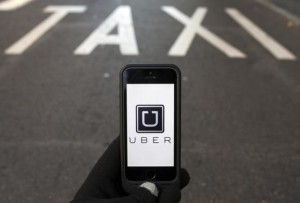Personal injury law is a state subject. It can become a federal issue in extremely rare instances when any existing law is violated, or gross injustice has been meted out. A lawsuit may become a part of a class action lawsuit if a manufacturer of any type of equipment, tool or accessory is held responsible for causing personal injury to people across states. This is quite probable even though it is not very common. Since personal injury law is a state subject, there are substantial variations from one jurisdiction to another. What California has may be irrelevant in New York, albeit there are similarities in many provisions of personal injury law.
Personal injury is a broad term. It is defined as any bodily injury suffered by a person when someone or something is at fault. The victim or the injured person may or may not be at fault at all. There could be some fault on the part of the victim. Regardless of such possibilities, a victim has the right to claim damages or compensation from the party at fault. The party could be a person, a group of people or an entity, say a business or an agency. One must file for such claims within the stipulated time. Personal injury claims against people or private and public organizations can be filed within two years. Personal injury lawsuits against the state or any government agency in San Diego can be filed within six months from the date of the accident. You cannot file your claim for damages after these specific periods of time in the two respective scenarios. You can file for claims beyond such times only when you are suing someone or an organization for medical malpractice.
Personal injury could be caused by dog bites or when a person is attacked by a pet, according to Humboldt County Wrongful Death Lawyers. The pet could be a dog, cat, bird or any animal that is legally allowed to be domesticated. Some states are rather lenient with dog bites. Many states do not hold the owner of the pet liable to any damages if their loved animal bites someone for the first time. This is not the case in California and hence San Diego. All dog owners are personally liable to pay for damages or compensation to the victim if he or she has been bitten by their pet. This is known as the strict liability for dog bit or attack cases. States that are lenient on this front usually have a one bite provision, wherein the first reported attack or bite by a dog is ignored and subsequent cases are taken up when the owner of the pet is held liable for financial damages.
In San Diego, a pet owner may or may not be aware of any tendency of their dog to bite others. It does not matter if the dog was outside at a public place or inside the house when someone had lawfully entered and was present at the time of being bitten. Such claims should be filed within the two years stipulated as per the personal injury law of the state, according to Yuba City Car Accident Lawyers. Every state has different laws, so due diligence requires contacting an attorney licensed in the state you are dealing with, and taking it from there.

